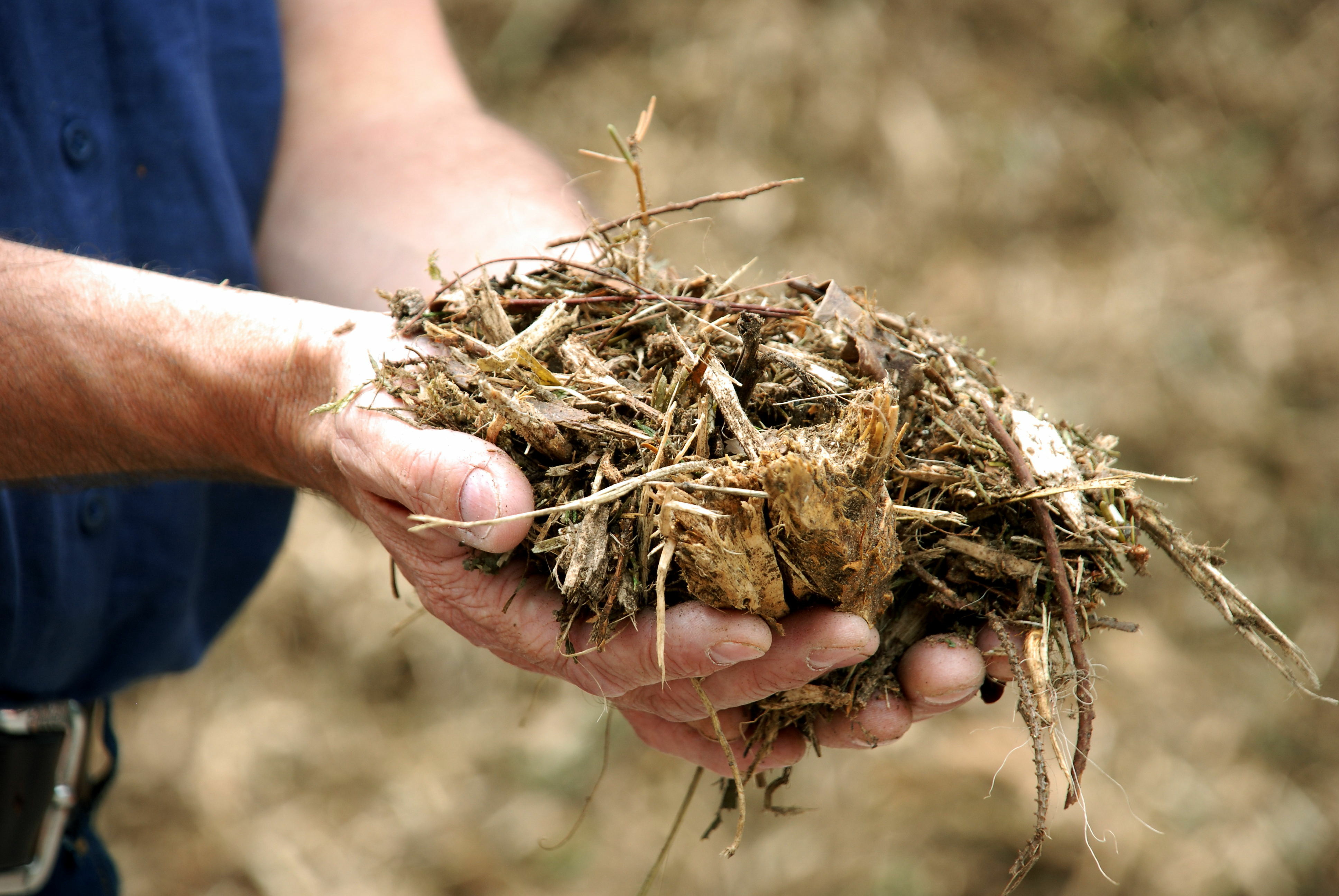

In France there would be a deposit of around 6.2 million tonnes of wood waste, part of which can be recycled in combustion.
Wood combustion, one of the oldest human activities, nevertheless gives rise to scientific and technological developments.
Cylergie Lab contributes to developing a concise argument on carbon neutrality and the availability of the resource, its environmental impact, its emission factors, etc., based on external studies. Emission measurement campaigns on chimneys demonstrate the low contribution of industrial combustion installations to atmospheric pollution.
In collaboration with equipment suppliers, Lab Cylergie designs innovative filtration solutions for installations aiming for zero emissions, in particular by adopting technologies specific to industry/incineration. This type of solution is for example applied to the ENGIE Solutions offer for the Strasbourg Eurometropolis which combines deep geothermal energy, waste heat recovery and a biomass boiler room with absorber-neutralizer and purification with activated carbon and urea.
The team is working on the repeatability and adaptability of these effective smoke treatment solutions that reduce dust and other soluble pollutants.
Cylergie Lab is also working on the technical challenges of this new profession, in particular on the corrosion resistance of class B wood cogeneration equipment of more than 50 MW thermal, which are subjected to corrosive fumes and severe pression and temperature conditions. The Lab's measurement campaigns validate manufacturers' calculations, optimal combustion conditions and monitoring of clogging.
The wood energy sector could be exposed to supply risks due to logistics problems and competition from the paper sector. New resources assimilated to waste (Class B wood and CSR) will be necessary to achieve the Carbon reduction objectives, opening up a whole field of research, starting with the still uncertain inventory of resources: in France there would be a deposit of around 6.2 million tonnes of wood waste, part of which can be recycled in combustion.
This means plenty of fuel for research projects in collaboration with the group's other Labs, notably Laborelec.